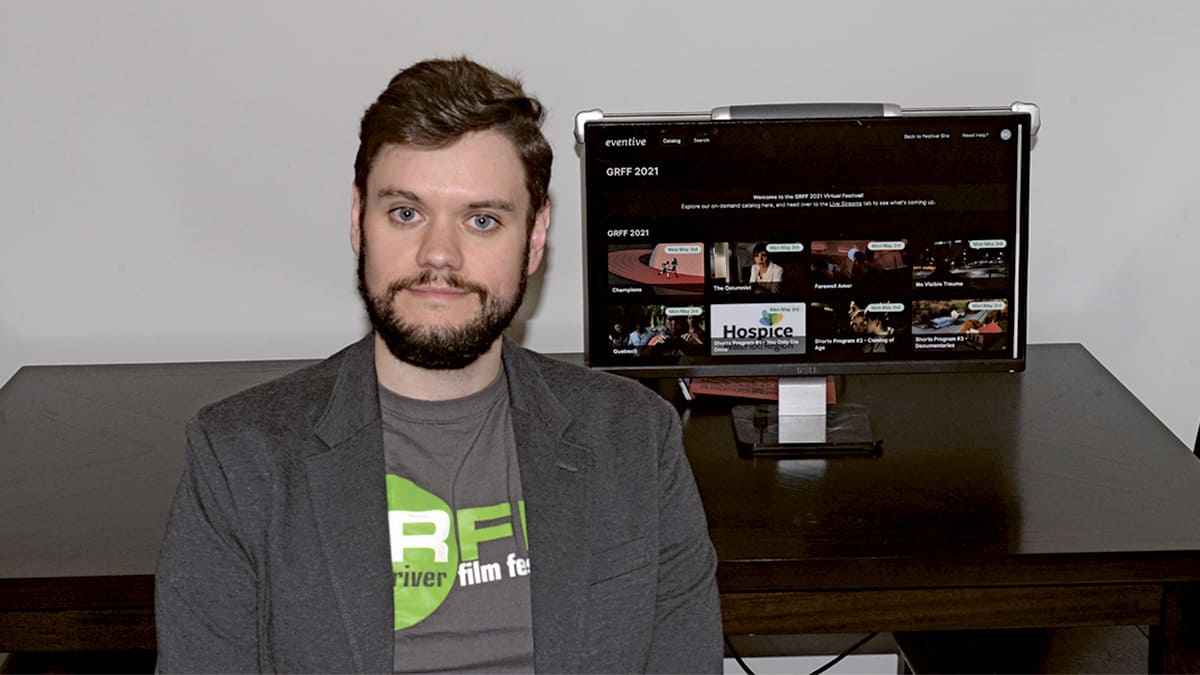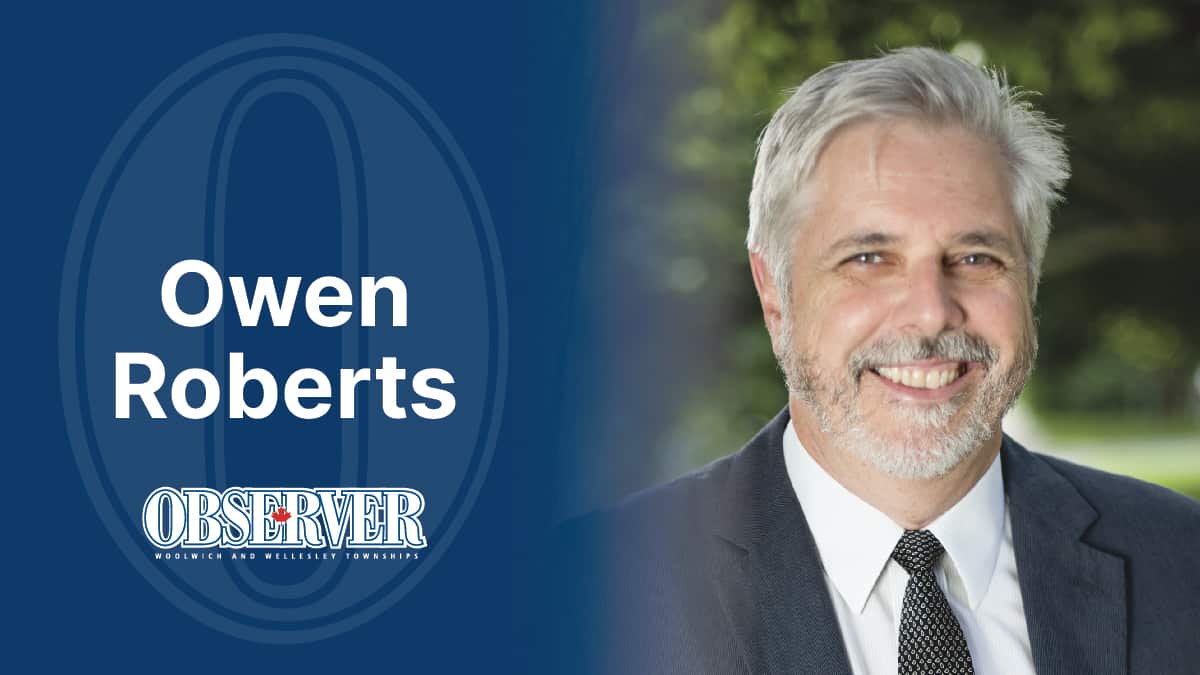Only days from announcing its lineup, loading film reels, selling tickets, and packing the Apollo Cinema with eager moviegoers, the Grand River Film Festival was ultimately forced to cancel its 2020 edition after the pandemic broke. With uncertainty being one of the few constants over the past year or so, there was only one viable option for the 2021 version: bring the festival to the people.
For the first time in its 13-year history, GRFF, which is entirely volunteer-run, decided to take the show from the big screen to the home screen with a switch to virtual for this year’s run. According to Michael Clark, who has been chair of programming for the past three years, the last year saw volunteers working tirelessly to ensure that the show would go on.
“Last year’s [fest] didn’t happen. The lockdown order came in late-March, and I think we were literally three or four days from announcing our 2020 lineup when we had to cancel the whole festival. So we spent the last year doing a lot of research and seeing how other festivals, both internationally but in Ontario specifically, had adapted,” said Clark.
“This last year has been a roller coaster with the lockdowns and loosening. We had hoped maybe to be able to do a hybrid festival back when we really started seriously planning in September, but ultimately we landed on a virtual festival that would be the best for everyone. And here we are now able to roll out our lineup for our first-ever entirely virtual festival.”
This year’s lineup sees nine feature films and 23 shorts streaming from May 3 until May 8, qualifying it for the longest and largest event in the history of GRFF. The feature films include local, national and international titles such as the timely documentary No Visible Trauma, which centers around three families in Calgary that have experienced first-hand abuse of power by the Calgary Police Department; Kelly McCormack’s Sugar Daddy, about an aspiring musician who moves to Toronto and gets involved in a dating agency; Champions, the story of two short-distance runners preparing to compete in the 2019 Dubai Special Olympics; The Columnist, a Dutch satire film about a female reporter and what happens when online harassment goes too far; A White Way, the story of a man obsessed with the idea that his wife’s death was not an accident; Farewell Amor, which follows a family reuniting in New York following separation during the Angolan Civil War; and Wildfire, an Irish film about two sisters coping with grief.
Another film on the docket, A Starting Point, will run for free beginning the week before the festival on April 26.
“We are offering a free screening of a locally made documentary called A Starting Point. This documentary was made for the not-for-profit Waterloo Region Crossing. This is a group that facilitates hikes across Waterloo Region, and this documentary follows one of those hikes. All of the proceeds and profit from the Waterloo Region Crossing goes into supporting the housing crisis and the homelessness that is impacting the region,” Clark explained.
“The documentary not only follows the hikers, but it highlights some of the stories of people who are living in the region who are dealing with homelessness. It is hyper local, a good reminder of what communities are dealing with. The documentary also takes place in the winter. These hikes are meant to be a reminder of the extremes that people who don’t have homes deal with in terms of temperature variability. So walking 65 kilometres from one end of the region to the other is nowhere near a perfect illustration of what a person who doesn’t have a home goes through, but it gives people a starting point of understanding.”
GRFF has also partnered with Hospice of Waterloo Region.
“They’re very focused on getting the message out: live the best life you can, and then die the best bet you can. They’ve been conducting a short film contest where they appeal to local filmmakers to create short [films] about death and dying that really highlight the positive and affirming aspects. They’ll be announcing the winners of that contest later in April, and we will be screening the winners of that contest.”
Click here for more information and to purchase tickets.









